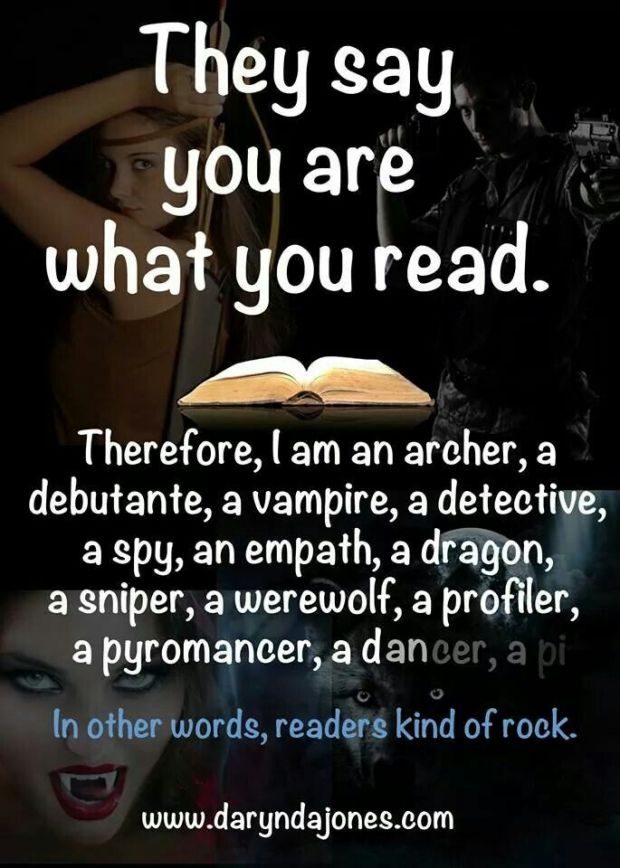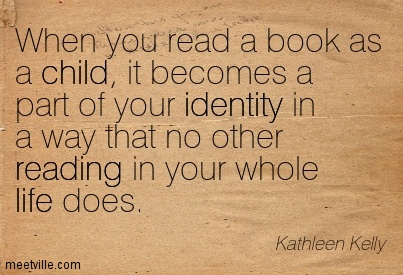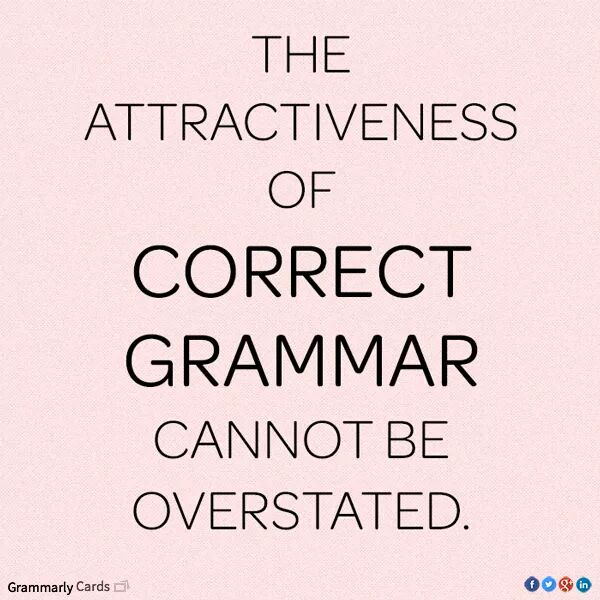writing
The Phantom Tollbooth
Rereading a book that you loved as a child can have a profound impact on you as an adult. You understand some of the deeper life lessons that it was trying to teach you and can pick out the themes around which it revolves. As the quote from above (from “You’ve Got Mail”) states, the books we read as children become a part of our identity.
Reading as an adult can also impact us but usually in different ways. We are most likely given over to deep thoughts or changing our way of thinking based on a new idea represented or an old one given new light.
So what happens when you read a childhood classic as an adult? Well I participated in this little experiment to find out. A former coworker of mine lent me “The Phantom Tollbooth” because she was appalled to learn that as an avid book lover, I had never read it. For those of you who were in the same boat as me, the novel revolves around a boy named Milo who is consistently bored and pleased by nothing until the day he receives a mysterious package. When Milo discovers that the package contains a tollbooth that transports him to another world, he jumps whole-heartedly into the journey. He meets many a strange character and on his question to restore Rhyme and Reason meets members of the two kingdoms of Dictionopolis and Digitopolis, one convinced that words are better and the other prefers numbers.
The entire book is a thinly veiled attempt to install good behavior and habits into children, which isn’t bad at all. In fact, Norton Juster does a fantastic job at leading Milo down the correct path without ever forcing him down it. Plus he has to outwit other players on the field if he wants to move forward in his mission. Demons such as the Terrible Trivium and Senses Taker plus places like the Island of Conclusions crop up to interfere with the quest. It is humorously well-written and edges the reader along without feeling like the lessons are being shoved down your throat.
When I was finished with the book, I was amazed at how good I felt. I had learned that words and numbers are equally important and that being idle or bored with life is no way to live at all when there are so many adventures to be had. Since I try to live my life to fullest on a daily basis, I was not surprised to learn that this book had only served to reenforce that ideal.
And one quote in particular stuck with me: “So many things are possible just so long as you don’t know they’re impossible.” What a wonderful thought for an author to present to our young people. As we get older, we often lose sight of our dreams or stop making goals. In essence, many people stop living and just simply survive. But why not have something to reach for? Nothing is impossible as long you don’t think that it is. The minute we allow doubt, worry, and indecision to become every day part of our lives is the day that we stop living with the childlike wonder that makes life worth enjoying.
Pick up a book. Receive a new idea. Dream a big dream. And never let anyone tell you that you can’t because no one but you ever truly knows what you are capable of and what will impact you the hardest. Learn something from a book, a news article, a conversation and allow yourself to imagine a greater self than the one you are and work towards that identity.
Grammar Nazi
What I’m Reading
I noticed that I haven’t posted my current reading list in almost a few weeks so I decided today was as good a time as any. I am attempting to read “The Book Thief” for the second time and hoping that it can capture my interest more easily this time around. I have also yet to finish Holidays On Ice because it creates stitches of laughter at work that it often becomes inappropriate. A couple of new great finds from the library grace this list as well.
What are you reading?
#StopTheBeautyMadness
Beauty: one of my favorite topics.
It never ceases to amaze me how people interpret beauty standards. I came across this article from Marie Claire today and thought I would share it with you all. There is a new campaign called #StopTheBeautyMadness that is geared towards in-your-face ads that force people to address the unrealistic and often harmful views that people have towards others, in particular women. And how we are conditioned from a young age to think of ourselves in a certain light and told that beauty is worth more than brains in the world.
Along those same lines but perhaps in a less serious tone are two videos from my much-loved source: Buzzfeed. The first is one that gives the views on men on women and the second one gives the female perspective on men. It’s interesting to see what they agree and disagree on and how each sees the opposite sex. And then there is this one which has some facts based on real life surveys of men that might surprise you.
Men and women are both worth more than society perceives them to be and neither should have to live up to unnatural standards. From being thin to varying body types, and views on marriage to bedroom activities, we should stop putting labels on people and trying to fit everyone into a specific box or ideal.
Harry Potter
After an entire weekend dedicated to Harry Potter (Thank you, ABCFamily!), I decided it was time to get back to the grind and read some books. I did manage to finish “Lost In Babylon” by Peter Lerangis while waiting for the 6th movie to come on but I need to get ahead if I plan on finishing my goal of 100 new books for the year! I’m at 56 so far but with grad school looming on the horizon, I really need to get a move on.
So, I went to the library (Hermione Granger style) and checked out some great new finds that weren’t on my radar. Libraries really are wonderful inventions. I went home with “Hyde” by Daniel Levine, “The Secret Diaries of Lizzie Bennet” by Bernie Su and Kate Rorick, and “Reviver” by Seth Patrick. I still have a couple of books at home to finish as well and about 300 books on my to-read Goodreads list but it’s good to expand your reading horizons every now and then. And I can’t wait to get started!
Plus I think I now have to reread all the Harry Potter books because the movies just don’t do them justice. Especially the final installment. Put ’em on my tab, er, list.

Readers Do It Better
Connections with other human beings have significantly decreased in the world of technology that we live in. And as the above article states, reading improves your mind and makes you a prime relationship candidate.
The Truth About Capitalism
A friend of mine recently posted this article and after reading it, plus some of the redirected articles embedded within, I am simply floored.
With joy and awe, that is.
Our nation is in crisis mode, and now, more than ever, we need people willing to stand up and say things like “Our country is rapidly becoming less a capitalist society and more a feudal society. Unless our policies change dramatically, the middle class will disappear, and we will be back to late 18th-century France. Before the revolution.” Nick Hanauer, an ultra-rich capitalist, is the man who wrote that.
Finally, there is someone on the other side of the fence that is getting the right idea and putting it out for the public to see!! Hanauer goes on to talk about how the conversation about raising the federal minimum wage and the declining middle class shouldn’t be about injustice or pity but it should be about regaining what this country stands for: equality. And no, this isn’t a plea for redistributing the wealth but rather one to restore the balance of power.
“That is why investments in the middle class work. And tax breaks for rich people like us don’t. Balancing the power of workers and billionaires by raising the minimum wage isn’t bad for capitalism. It’s an indispensable tool smart capitalists use to make capitalism stable and sustainable. And no one has a bigger stake in that than zillionaires like us.”
Hanauer discusses trickle-down economics and how ineffective it is for allowing sustainable capitalism growth. The gap between the the upper and lower classes is rising and not shrinking and the policy writers in Washington don’t seem to grasp that workers and consumers are the same people. Higher paid workers have more disposable income to spend which in turn grows businesses. True, some small businesses might suffer at first under the higher overhead of a larger minimum wage, but the end result would be happier, more productive workers that can spend more as consumers.
The article also addresses the constant cry of “supply and demand” and what it really means in real-world economics. A rich man doesn’t need more things than a poor one. They both require the basic necessities. And while the rich man might buy a wider assortment of products but no significant depth in any one category. Do you know where the rest of their money goes after all the purchases and investments? The bank. Same as anyone else’s. And do you know what it does there? Nothing. It sits and perhaps gains interest. But do you know what it’s definitely not doing? It’s not being put back into the economy. They already have all the shirts and pants and pillows and furniture they need.They already bought their car and their vacation home. So the rest of those millions that they earned? They sit, unspent, wasting space.
Read the article embedded at the top of this post. And definitely leave comments or reblog if it speaks to you in any way, positive or negative.
Walter Dean Myers
I am in the habit of stalking the Library of Congress’ Web site every few weeks or so for two reasons:
I think the organization is amazing (with an equally impressive building),
And I really, REALLY want to work for it.
On one such “stalking” session happened this morning. I went to the blog to see what was new and I stumbled onto this posting by Jennifer Gavin and it really spoke to me. In the wake of the death of a beloved author, Gavin posted the following: Walter Dean Myers.
I cannot get this story out of my head. How can a person have gone through so much and still be so heavily influenced by books? In many ways, it gives me hope for the future that maybe society can still be pulled back from the brink of destruction on which we find ourselves teetering. And further reinforces my belief that change must begin with our youth and how we raise our children will affect the next generation of leaders that they will grow into.
It’s not too late to change but we need to build good habits today that can grow into good principles for tomorrow.
Reading’s Suffrage
One of the blogs that came up on my feed today featured this article: Ebooks Econ 101 and the last piece of it really got me thinking. This sentence in particular stuck with me: “But if it doesn’t, a future in which only the rare few can earn a living writing is one in which reading will suffer.”
I’m struck by how strongly I both agree and disagree with this statement. I agree with it in the sense that reading will undoubtedly suffer by writers who are unable to get published or to continue publishing because of the mounting cost of effort and the need to pay their own bills. I disagree by saying that reading is ALREADY suffering.
I can’t tell you how many people I have met in the last three years alone that haven’t picked up a book since their last high school or college English class. People have become so sucked into the reality on their televisions that they forget about the world outside of that. Or they sit around on a laptop all day, waiting for something to happen so they can tweet or blog about it.
True, reading will continue to suffer if we have good writers who cannot be heard. But isn’t it already suffering because of the societal norms we have grown into in the last 50 years? I think it’s time to get our butts off the couch, out of our computer chairs and dive into a new world, fact or fiction doesn’t matter, but one thing is for sure, people should be reading more not less.



